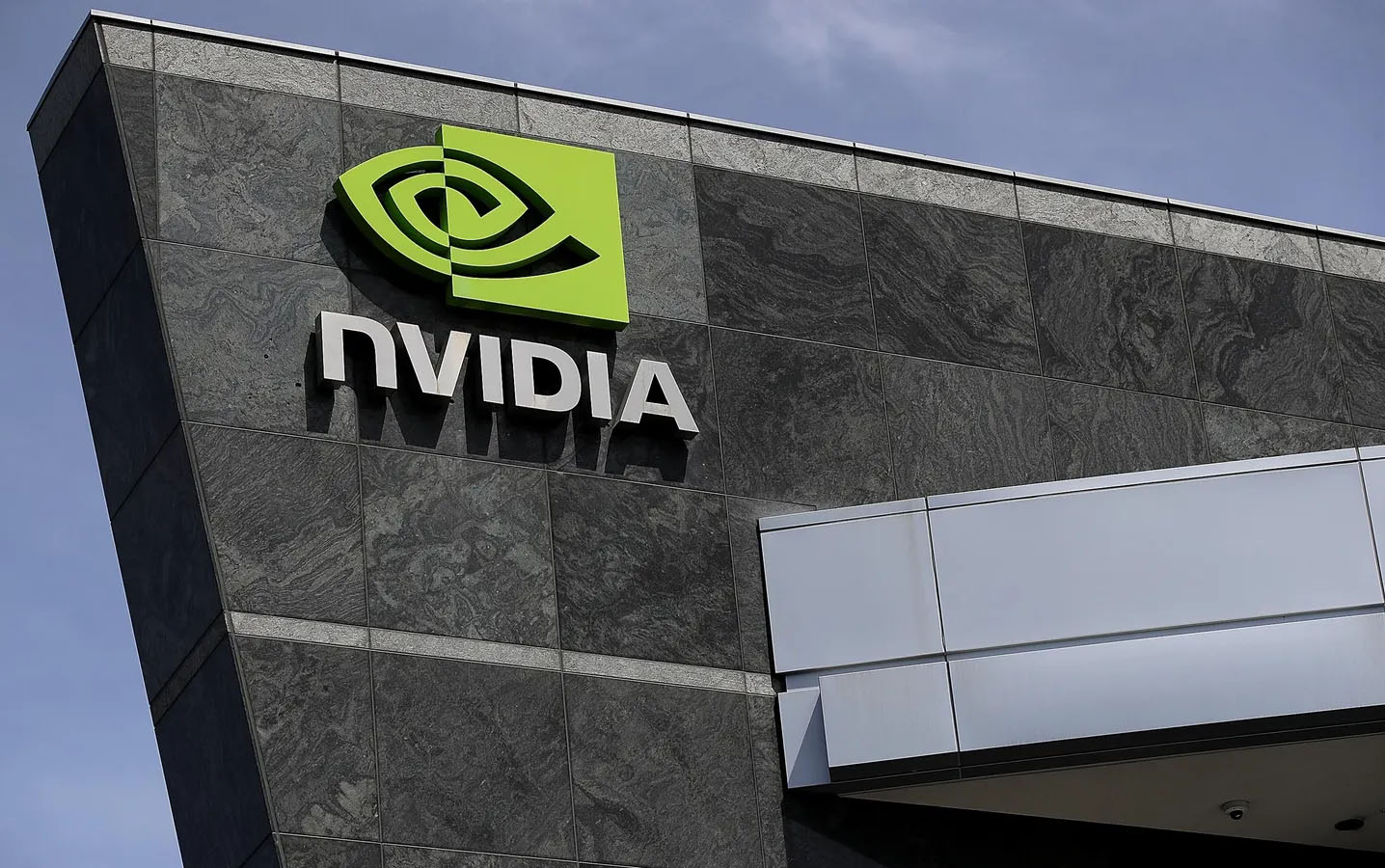
Photo Credit: Getty Images
Nvidia plans to invest hundreds of billions of dollars in US-made chips and electronics over the next four years, according to CEO Jensen Huang in an interview with the Financial Times published on March 19, 2025. The AI chip giant anticipates allocating approximately half-a-trillion dollars on electronics during this period.
"I think we can easily see ourselves manufacturing several hundred billion of it here in the US," Huang told FT. He added that the Trump administration could play a significant role in accelerating the expansion of the US artificial intelligence industry.
This massive investment marks a substantial shift in Nvidia's supply chain strategy, moving production capacity from Asia to the United States. The move aligns with President Trump's trade policies, which have emphasized domestic manufacturing.
Huang highlighted that Nvidia can now manufacture its latest systems in the United States through key suppliers like Taiwan Semiconductor Manufacturing Company (TSMC) and Foxconn. "TSMC investing in the US provides for a substantial step up in our supply chain resilience," Huang stated.
The announcement comes as Huang works to address investor concerns regarding demand for Nvidia's expensive AI chips. These concerns surfaced following reports that China's DeepSeek launched a competitive chatbot allegedly using fewer AI chips than Nvidia-based systems.
Despite these challenges, Huang remains confident about demand. During Nvidia's developer conference in California on Wednesday, he told analysts that orders for 3.6 million Blackwell chips from four major cloud firms actually underestimate overall demand, as they excluded Meta Platforms, smaller cloud providers, and numerous startups.
Huang also acknowledged growing competitive threats in the global semiconductor landscape, particularly from Chinese telecommunications firm Huawei. He criticized US-led efforts to constrain Huawei's advances in AI chip production as having been "done poorly," noting Huawei's continued success "in every market they've engaged."
When questioned about potential involvement in discussions to form a consortium with TSMC to invest in Intel, Huang firmly denied such reports, according to the Financial Times. Nvidia declined to comment directly on the Financial Times report when contacted by Reuters.
![]()
















